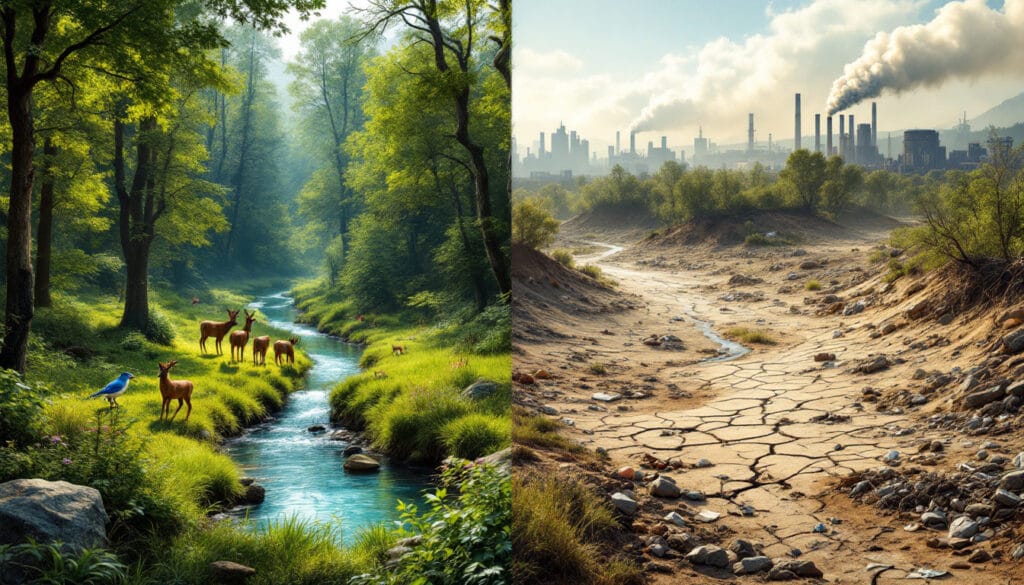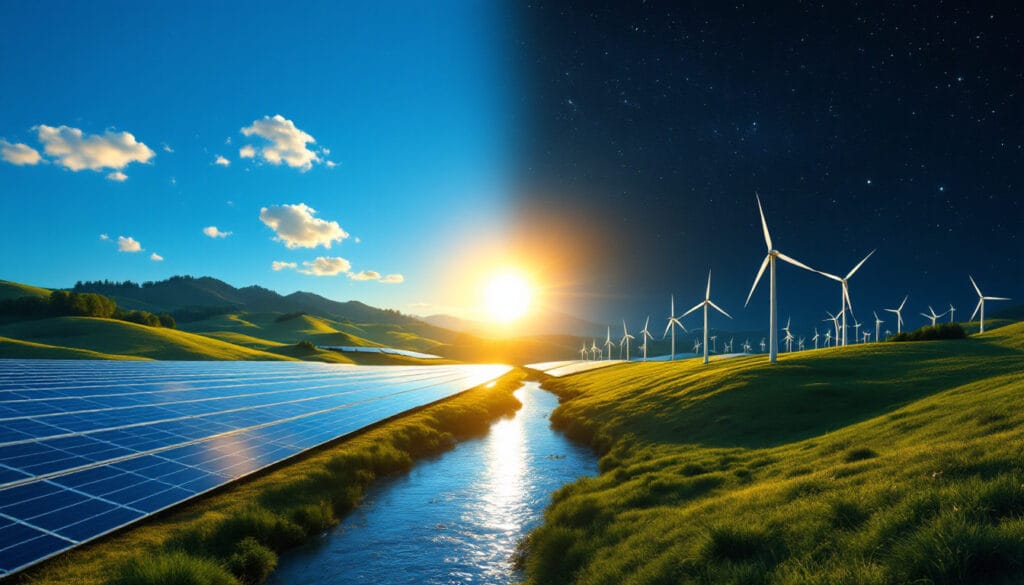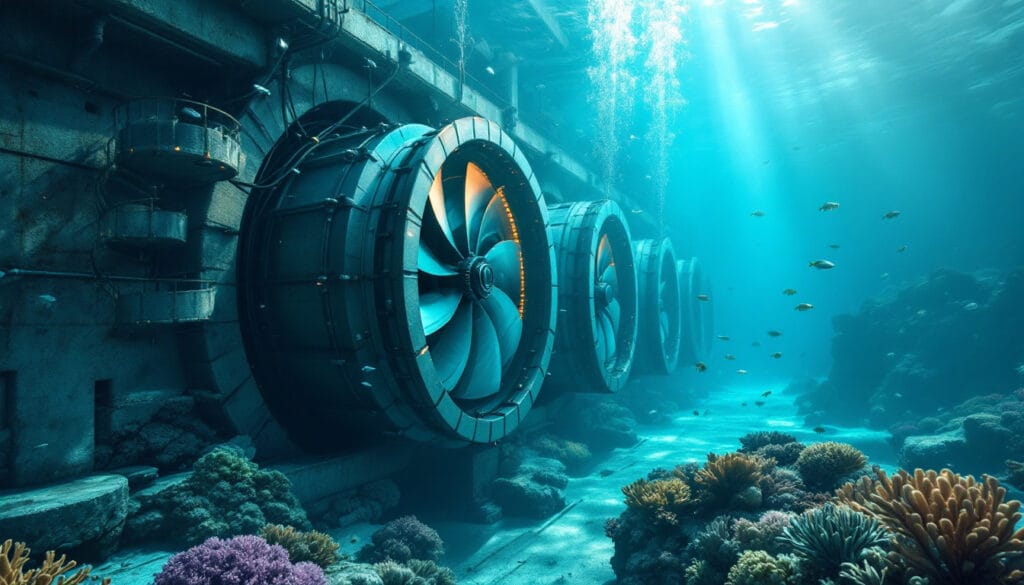The environmental impact encompasses the multiple repercussions of our activities on the planet. With phenomena such as climate change and pollution, it reveals the urgency to reassess our behaviors. By addressing issues like biodiversity loss and the scarcity of natural resources, it invites both individuals and organizations to take action to protect our ecosystem.
Environmental Impact: This term refers to the total negative effects that our actions have on the environment. This includes greenhouse gas emissions, pollution, and the depletion of natural resources. Understanding this impact is essential for developing strategies aimed at minimizing our ecological footprint.
Climate Change: Climate change leads to an increase in global temperatures, causing various climatic disruptions such as droughts, floods, and more frequent storms. Rising oceans and extreme weather events directly threaten coastal areas and result in population displacement.
Biodiversity: Biodiversity refers to the variety of living species on Earth. The loss of biodiversity represents a major ecological challenge, as it leads to imbalances in ecosystems. The extinction of species reduces the resilience of nature to environmental disturbances.
Air Pollution: Air pollution, caused by the emissions of fine particles and toxic gases, has devastating impacts on human and animal health. It is a major contributor to respiratory diseases and compromises overall quality of life. To learn more about the impact of air pollution, click here to read other reflections on the subject.
Greenhouse Gases: Greenhouse gases, such as carbon dioxide and methane, trap heat in the atmosphere, leading to increasing global warming. The accumulation of these gases alters natural climate systems and disrupts global climate.
Natural Resources: Essential resources like freshwater, forests, and arable land are overexploited to meet human needs. This exploitation jeopardizes their future availability, raising concerns about long-term sustainability. Discover initiatives aimed at preserving these resources here.
Greenhouse Effect: A natural phenomenon essential to life on Earth, the greenhouse effect becomes a problem when human emissions intensify it. This generates excessive heat accumulation that contributes to global warming. Learn more about the greenhouse effect here.
Ecological Transition: The process by which we move from current practices, often polluting, to environmentally friendly methods. This includes the development of emission-free renewable energy sources, such as solar power. To explore innovations in ecological transition, click here.
Environmental Education: Training and raising awareness among current and future generations about environmental issues is crucial for ensuring responsible behavior towards the planet. Education is an essential lever for sustainable change. To learn more about educational initiatives, visit this link.
Digital Pollution: The ecological impact of our digital actions, often underestimated, also contributes to greenhouse gas emissions. Reducing this pollution is a new emerging challenge that we must take seriously. Innovative technological solutions are available here.

“`html
FAQ on Environmental Impact: Understanding the Issues
Q: What is environmental impact?
A: Environmental impact encompasses all the negative effects of our activities on the planet, particularly resource consumption and greenhouse gas emissions.
Q: What are the main issues related to environmental impact?
A: The main issues include climate change, biodiversity loss, pollution, and the depletion of natural resources.
Q: How does climate change affect our planet?
A: The increase in temperatures leads to more frequent natural disasters, rising oceans, and drought periods affecting agriculture and food security.
Q: Why is biodiversity threatened?
A: The destruction of natural habitats and climate change jeopardizes many animal and plant species, disrupting ecosystems.
Q: What are the effects of pollution on our health?
A: Air and water pollution is responsible for respiratory diseases and other health problems, endangering human quality of life.
Q: Why is it important to measure our ecological footprint?
A: Measuring our ecological footprint helps us understand our impact on the environment and identify solutions to reduce our energy consumption and waste production.
Q: How can we contribute to a sustainable future?
A: Everyone can contribute by reducing their carbon footprint, prioritizing recycling, and supporting sustainable initiatives. Education and awareness are also essential for progressing toward ecological transition.
Q: What role does education play in raising awareness about environmental issues?
A: Education raises awareness among younger generations about the importance of protecting our planet by training them to become active participants in the ecological transition.
Articles similaires
Thank you!
We will contact you soon.













